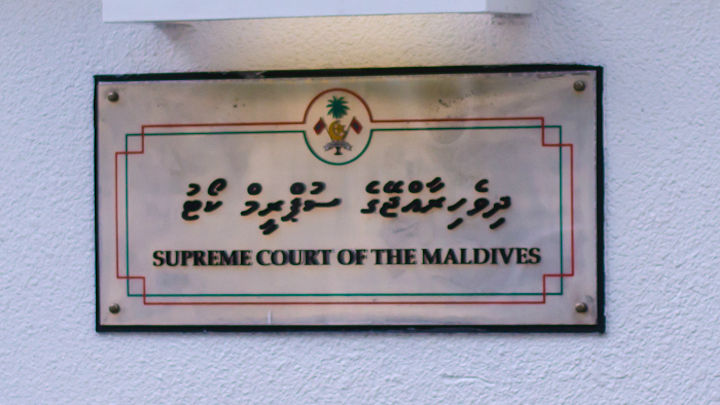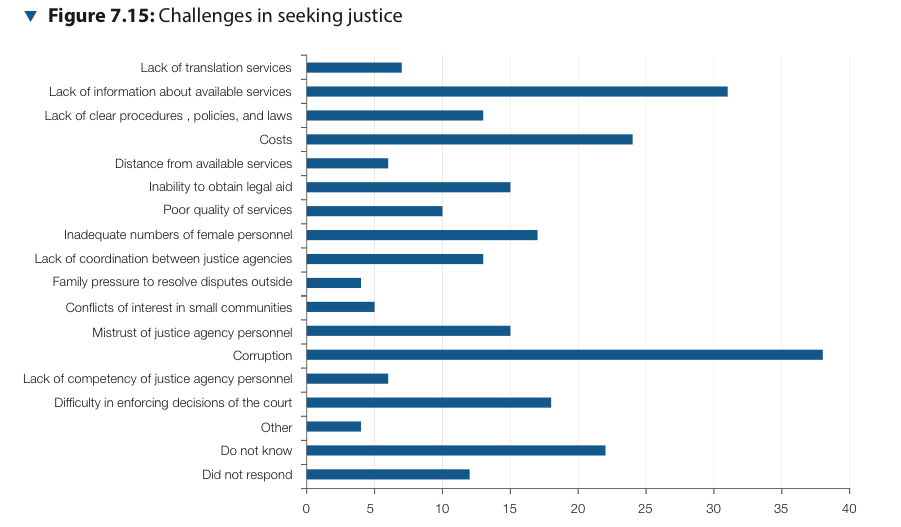Maldivians reluctant to seek help from courts due to corruption, finds study
A new study has identified corruption in the Maldives as the leading factor in lack of public confidence in the justice sector. Many Maldivians, therefore, want to settle disputes out of court.

29 Aug 2015, 09:00
A new study has identified corruption in the Maldives as the leading factor in lack of public confidence in the justice sector. Many Maldivians, therefore, want to settle disputes out of court.
The UNDP’s ‘Legal and Justice Sector Baseline Study 2014’ said some 71 percent of Maldivians preferred to settle disputes outside of court due to lack of confidence.
Nearly 40 percent identified corruption as a major challenge in seeking justice, followed by lack of awareness of services and costs of obtaining justice.
Become a member
Get full access to our archive and personalise your experience.
Already a member?
Discussion
No comments yet. Be the first to share your thoughts!
No comments yet. Be the first to join the conversation!
Join the Conversation
Sign in to share your thoughts under an alias and take part in the discussion. Independent journalism thrives on open, respectful debate — your voice matters.





